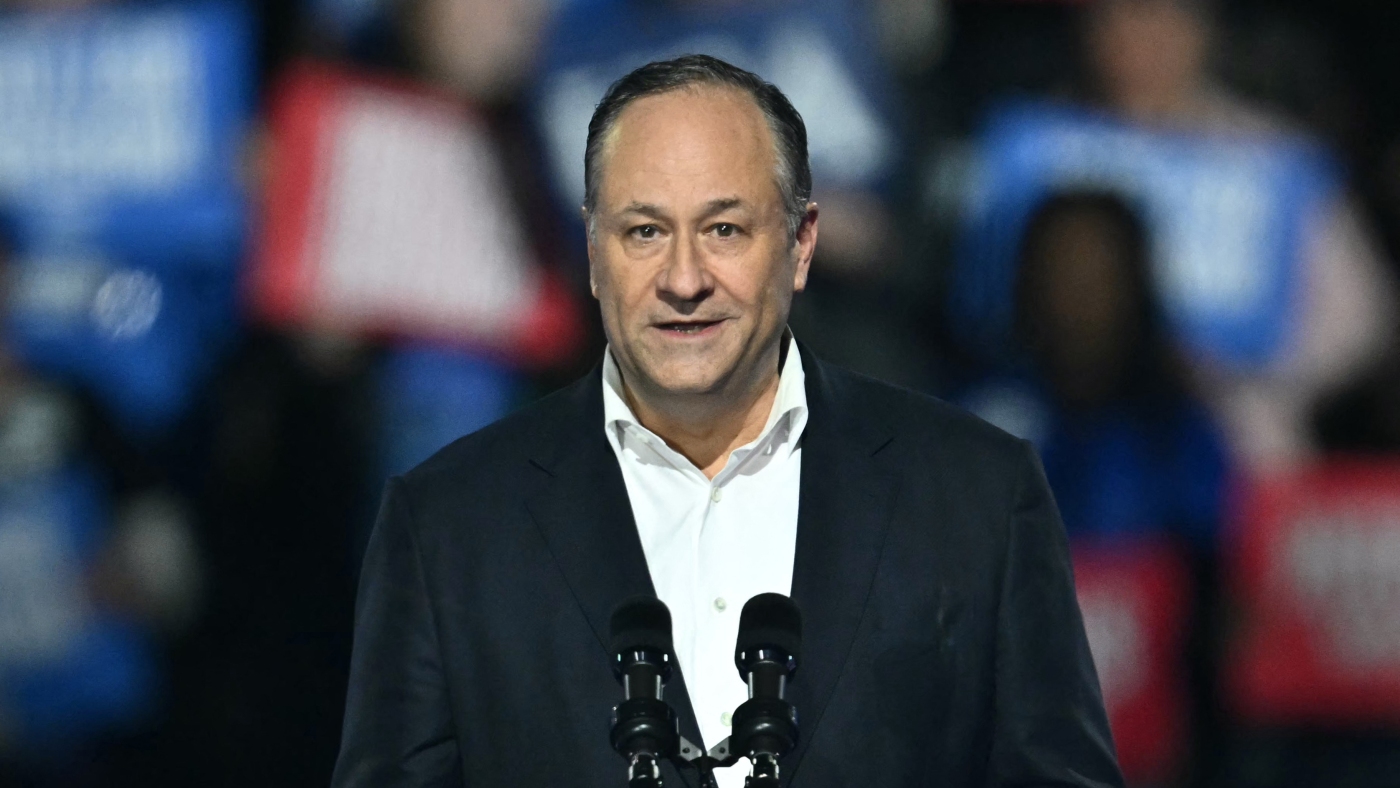The Politicization of the Holocaust Memorial Museum: A Threat to Historical Integrity
Introduction
The U.S. Holocaust Memorial Museum stands as a solemn testament to one of humanity’s greatest atrocities—the systematic genocide of six million Jews and millions of others under Nazi rule. Its mission transcends politics, serving as a beacon of remembrance, education, and moral reflection. However, recent actions—particularly the removal of Biden-appointed trustees, including Doug Emhoff—have thrust the institution into the center of a political storm. This move, framed as routine administrative transition, raises deeper concerns about the weaponization of memory and the erosion of non-partisan historical preservation.
The Role of the Museum and Its Board
A Sacred Mission
The Holocaust Memorial Museum is not merely an archive; it is a living memorial. Its purpose extends beyond documenting history—it challenges visitors to confront hatred, recognize the dangers of unchecked power, and uphold human dignity. The board of trustees plays a critical role in safeguarding this mission, ensuring that exhibitions, programs, and policies remain aligned with the museum’s founding principles.
Why Governance Matters
Trustees are stewards of memory. Their decisions influence how the Holocaust is taught, how survivors’ stories are amplified, and how contemporary parallels (such as rising antisemitism or genocide denial) are addressed. When board appointments become political bargaining chips, the museum risks losing its moral authority.
The Controversial Dismissals
A Pattern of Partisan Purges
The removal of Biden appointees follows a familiar script: new administrations replacing predecessors’ nominees. However, targeting the Holocaust museum is uniquely troubling. Unlike economic advisory boards or cultural commissions, this institution deals with existential questions of morality and memory. Critics argue that replacing trustees en masse—especially without clear merit-based justifications—suggests an attempt to reshape narratives rather than ensure effective governance.
The Emhoff Precedent
Doug Emhoff, the Second Gentleman, was among those ousted. His appointment symbolized continuity between administrations and a bipartisan commitment to Holocaust education. His dismissal, devoid of public misconduct allegations, fuels perceptions of retaliation rather than reform.
The Political Implications
Weaponizing Memory
When historical institutions become political battlegrounds, their credibility suffers. The Holocaust museum’s power lies in its universality—its lessons resonate across ideologies. Injecting partisanship into its governance risks alienating segments of the public, undermining its role as a unifying force against hatred.
A Disturbing Trend
This incident mirrors broader efforts to politicize history, from debates over critical race theory to legislation curbing Holocaust education in schools. The museum’s integrity depends on resisting such pressures, lest it become another pawn in the culture wars.
Public and Institutional Backlash
Survivors and Scholars Speak Out
Prominent historians and Holocaust survivors have condemned the trustee removals. Their concern: that political interference could dilute the museum’s rigor, leading to sanitized exhibits or the sidelining of uncomfortable truths (e.g., America’s delayed response to Nazi atrocities).
Media and Civil Society Reactions
Editorials across the political spectrum have questioned the timing and intent behind the dismissals. Even conservative voices, typically supportive of administrative reshuffles, have expressed unease over targeting this particular institution.
The Path Forward
Safeguarding Non-Partisanship
To preserve its mission, the museum must:
A Warning for Other Memorials
The Holocaust museum’s predicament is a cautionary tale. From African American history museums to 9/11 memorials, institutions of remembrance must vigilantly guard against politicization—or risk becoming instruments of division rather than healing.
Conclusion: Memory as a Moral Imperative
The Holocaust Memorial Museum’s greatest strength is its refusal to let history be forgotten or distorted. Its board must reflect that commitment, resisting short-term political gains in favor of long-term moral clarity. As survivor Elie Wiesel once said, *“To forget the dead would be akin to killing them a second time.”* The trustees’ duty is not to any administration, but to the millions whose stories they safeguard—and to future generations who must learn from them.
The museum’s legacy hinges on one question: Will it remain a sacred space of reckoning, or become another casualty of polarization? The answer lies in who we choose to entrust with its memory.











